'Excellence for Culver City Schools' begins parcel tax effort
The tax proposed by the citizen group would be on a sliding scale, charging home and property owners based on the size of the improvements on their lots
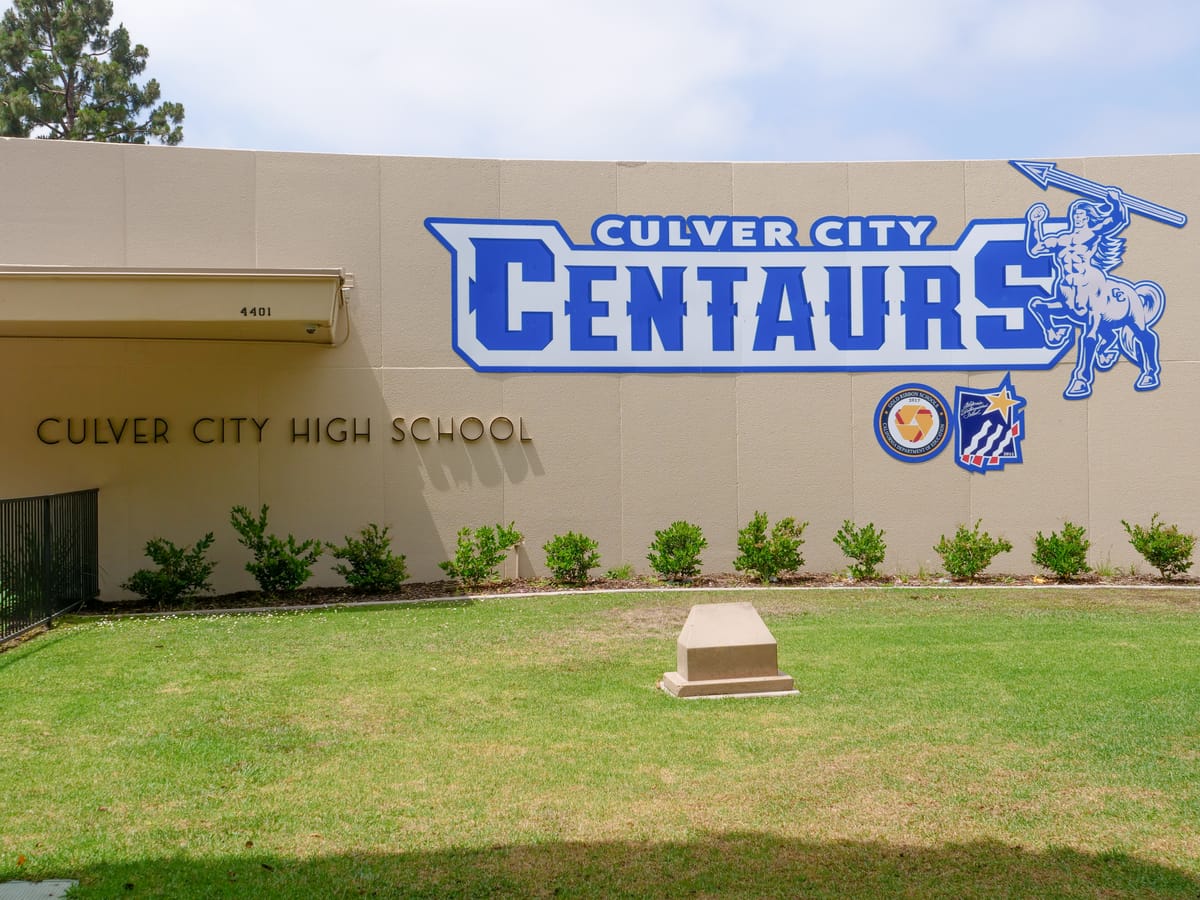
The citizen-led effort in Culver City to address the financial issues of its school district has officially kicked off.
A new citizen group — Excellence for Culver City Schools (ECCS) — held its first town hall last Thursday, November 13, to discuss a potential parcel tax to help bolster the Culver City Unified School District's (CCUSD) budget. The parcel tax being explored by this body would be on a sliding scale similar to a tax passed by the Berkeley Unified School District in 2024, charging owners of lots $0.54 per square foot of improvements made to each parcel.
This "improvement tax" includes buildings, which ECCS estimates will add an average of $800 to the tax bill of homeowners in Culver City, and will have a cap currently proposed to be set at $15,000 for large-scale land owners like Amazon. This sliding-scale parcel tax is projected to raise $15 million annually for CCUSD, providing more than enough financial support to overcome the District's structural deficit.
Placing a parcel tax measure on a 2026 election ballot is one of several conditions placed on a $2.5 million contribution to the Culver City School District by the city of Culver City. The District is facing a concerning structural deficit even after making significant cuts earlier this year to staff that prompted both the city's intervention and this parcel tax effort.
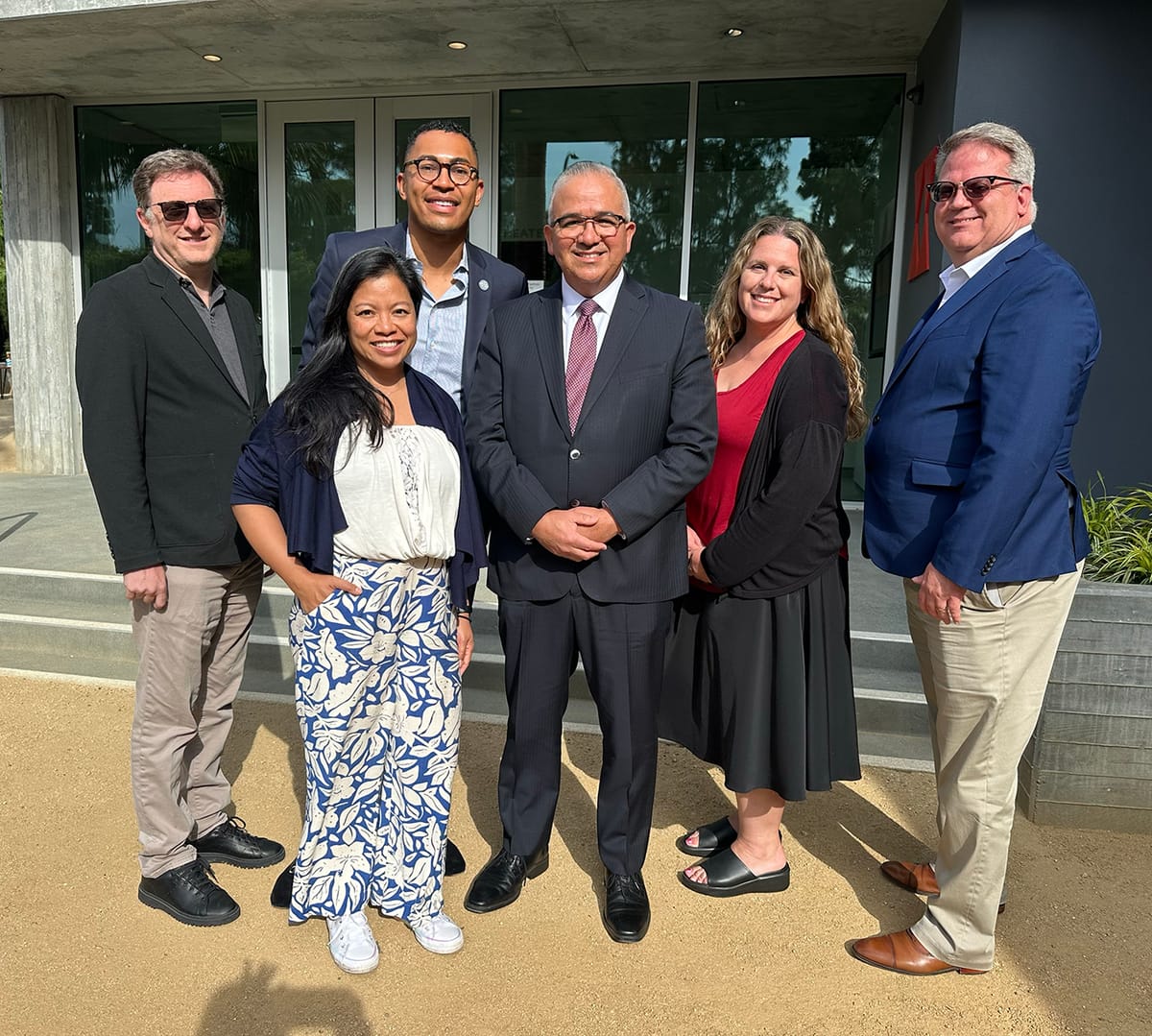
A key difference between a Citizen's Initiative and one proposed by the District is the number of votes required to pass. While the District-led measure would fall under the requirements of a special tax — a 66% vote to pass — a measure placed on the ballot as the result of a citizen-led effort would only need a simple majority, which is more than 50% of the vote.
The effort has support from teachers, with Culver City Federation of Teachers President Ray Long voicing his support on behalf of the organization at last Thursday night's meeting.
Several students from Culver City High School also presented at the meeting to show why the financial support is crucial for CCUSD's health. Juniors Krishen Chandra and Gus Checel, who co-founded a club centered around maintaining a supply closet for teachers, discussed issues with supplies directly impacting their learning experiences.
The two recalled having to reuse supplies both inside and outside of the classroom. Checel told the audience in the Kaizuka Room about having to use the same Scantron for three different tests and how teachers would have to go to the bathroom to blow their noses because they didn't have tissue. Chandra remembered having to reuse old uniforms during his time on the Track and Field team, which he said caused discomfort.
There were still some doubts that the money raised would make a tangible difference, with an attendee admitting the results of other district funding measures did not instill confidence in them. Some at the meeting worried about where the money was going and wanted to outline more specific uses to ensure money was being used to address critical issues.
Setting specific uses for the funding could limit its effectiveness, others argued. While specifying the area of spending the tax money would be used for is required for a special tax, limiting the scope of its use in the drafting of the bill could restrict the funds in a way that they could not be used to meet the changing needs of the District over time, and several people contended that an oversight committee like the one established for 2024's Measure E would be a more effective way of directing the money.
Another concern was the inclusion of seniors in the parcel tax. Seniors are not automatically excluded from property tax collection, but can file for a state exemption to property taxes as a whole if they fall under an income limit set by state law.
However, this only applies to ad valorem property taxes. Parcel tax exemptions are set locally, and the attendees at the town hall were supportive of having no income requirements for seniors to opt out of this proposed tax.
To qualify for the ballot, a local measure is required to have signatures equal to 10% of the registered voter count in the previous gubernatorial election, which comes out to 2,819 in Culver City. These signatures must be gathered starting January 1, 2026, and the deadline for submission is June 28, 2026.
For more information, visit the Excellence for Culver City Schools website here.

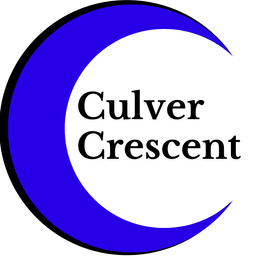
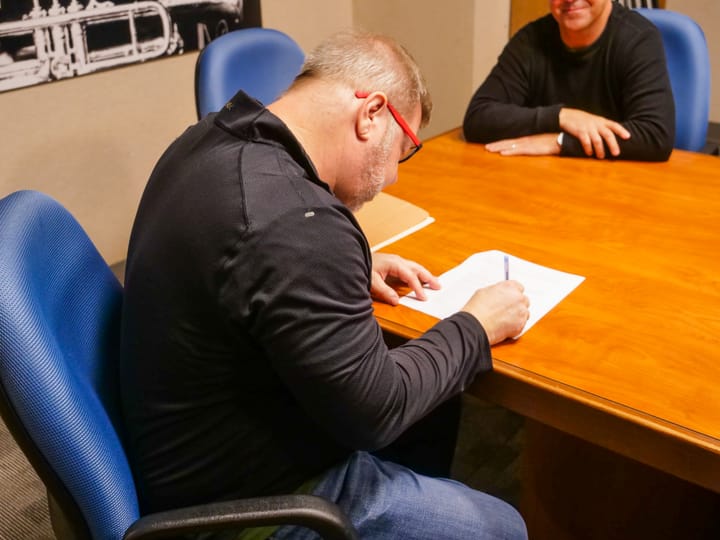

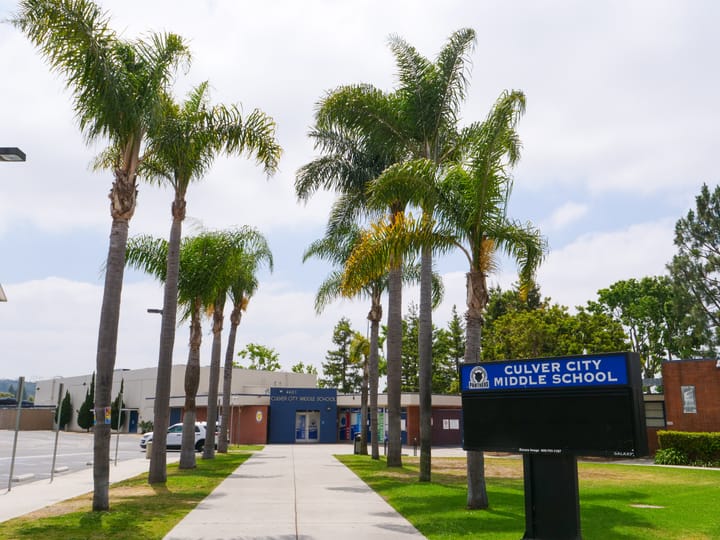
Comments ()